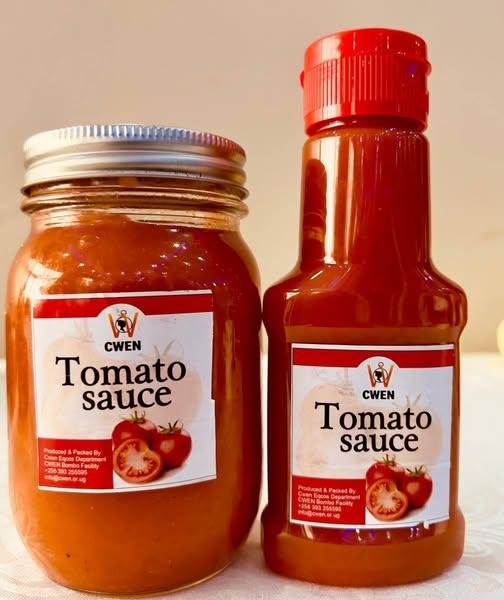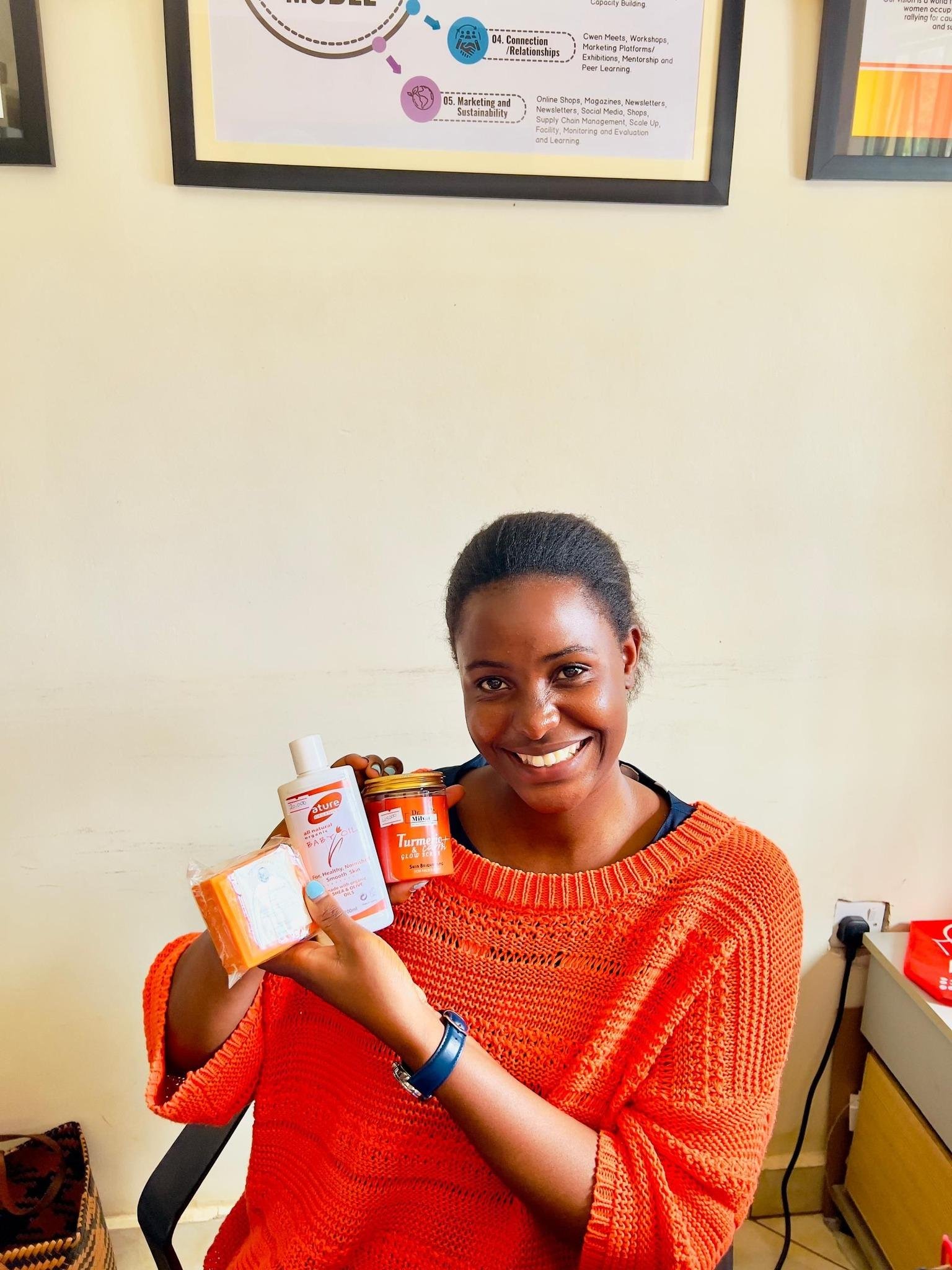I am always enthusiastic about taking on new challenges and collaborating with forward-thinking teams to create impactful, sustainable solutions.
fathila.nanozi@gmail.com
https://fathilananozi.com
Kigobe Rd, Ntinda, Kampala
I am always enthusiastic about taking on new challenges and collaborating with forward-thinking teams to create impactful, sustainable solutions.
fathila.nanozi@gmail.com
https://fathilananozi.com
Kigobe Rd, Ntinda, Kampala
From February 26th to 28th, 2025, the Community Women’s Enterprise Network (CWEN), in collaboration with the Global Alliance for Improved Nutrition (GAIN), conducted a pioneering training program designed to strengthen the intersection of nutrition-sensitive agriculture and market systems development.

From February 26th to 28th, 2025, the Community Women’s Enterprise Network (CWEN), in collaboration with the Global Alliance for Improved Nutrition (GAIN), conducted a pioneering training program designed to strengthen the intersection of nutrition-sensitive agriculture and market systems development. This initiative sought to empower 21 Micro, Small, and Medium Enterprises (MSMEs) with the technical expertise and strategic insights needed to enhance the production, processing, and distribution of nutrient-dense food products across four critical value chains:
Peanuts and their derived products
Soybeans and their derived products
Pineapples and their derived products
Fish and their derived products

This program represents a significant step toward addressing food insecurity, malnutrition, and economic fragility by fostering locally driven, market-responsive solutions that align with global nutrition and sustainability goals.
Participants were equipped with methodologies to align food production with consumer health demands, ensuring that their products not only meet market needs but also contribute to dietary diversity and nutritional security. The training emphasized:
Consumer behavior analysis to identify gaps in nutritious food accessibility.
Product formulation techniques that enhance micronutrient content without compromising taste or affordability.
Behavioral change communication strategies to educate consumers on the benefits of nutrient-rich diets.
A core focus of the training was on transforming raw agricultural commodities into high-value, shelf-stable products while maintaining nutritional integrity. Key discussions included:
Innovative processing technologies for peanuts (e.g., fortified peanut butter), soybeans (e.g., high-protein soy flour), pineapples (e.g., vitamin-C-rich dried snacks), and fish (e.g., omega-3-enhanced fish powder).
Food safety and certification standards, with an emphasis on meeting national and international regulatory requirements to improve market competitiveness.
Sustainable packaging solutions to reduce post-harvest losses and extend product shelf life.
To ensure long-term enterprise sustainability, the training incorporated business development modules that covered:
Value chain integration—linking producers, processors, distributors, and retailers to minimize inefficiencies.
Financial literacy and access to capital, including guidance on securing grants, loans, and investor funding.
Digital marketing and branding strategies to enhance product visibility in both local and regional markets.

The selected MSMEs demonstrated exceptional potential to drive nutrition-sensitive agribusiness transformation. Their participation underscores the growing recognition of entrepreneurship as a vehicle for public health improvement. By fostering a new generation of agri-food innovators, this initiative contributes to:
Reducing malnutrition through increased availability of affordable, nutrient-dense foods.
Strengthening local economies by creating jobs and enhancing income streams for smallholder farmers and processors.
Promoting gender equity by prioritizing women-led enterprises, which are pivotal in household nutrition decision-making.
Uganda’s MSMEs are critical drivers of food system transformation, yet they face persistent challenges, including:
Fragmented value chains that hinder scalability.
Limited access to financing and technical expertise.
Regulatory barriers that complicate compliance and market entry.
This training directly addresses these bottlenecks by bridging the gap between nutrition science and business acumen, ensuring that MSMEs can sustainably produce high-quality, nutritious foods that meet the needs of health-conscious consumers and vulnerable populations.
The Community Women’s Enterprise Network (CWEN), with support from GAIN, remains committed to expanding this initiative’s reach. The next phase will focus on:
Recruiting and training a new cohort in Wakiso, with rigorous due diligence to ensure participant readiness.
Implementing a structured mentorship program to provide ongoing technical and business support.
Forging multi-stakeholder collaborations with policymakers, financial institutions, and development partners to create an enabling ecosystem for nutrition-sensitive agribusinesses.
We extend an open invitation to policymakers, investors, development agencies, and private sector actors to join this transformative movement. By aligning efforts, we can:
Amplify the availability of nutritious, locally sourced foods in underserved markets.
Strengthen food systems resilience against climate and economic shocks.
Accelerate progress toward Sustainable Development Goals (SDGs), particularly SDG 2 (Zero Hunger) and SDG 8 (Decent Work and Economic Growth).
Together, we can cultivate a future where agribusiness innovation and public health advancement go hand in hand, ensuring a healthier, more prosperous Uganda—and Africa at large.
Join us in shaping this vision.
🔗 Interested partners and MSMEs are encouraged to reach out for collaboration and participation opportunities.
Your email address will not be published. Required fields are marked *